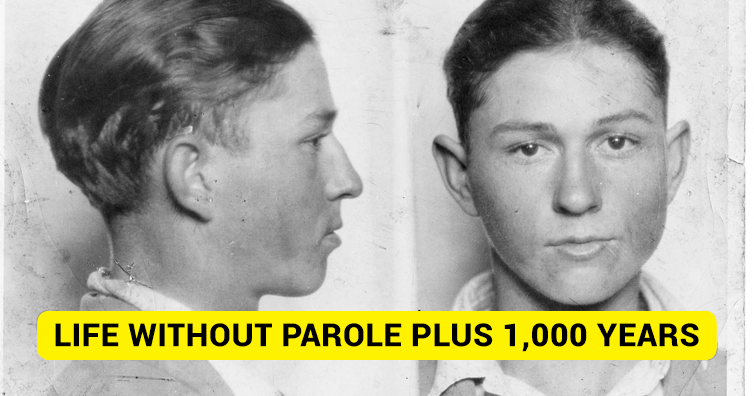We often hear that kidnappers, serial killers, child abusers and other criminals getting a long prison term that extends beyond a person’s lifetime. But what’s the point of that? A person sentenced in life without parole won’t make it out of the prison, so why do we add 1,000 years for example, to that sentence?
Here’s how it goes.
As explained by Franklin Zimring, a University of California law professor, prison sentencing is far more symbolic that just determining the period someone would spent behind bars. For example, when sentencing someone for 1,000 years, what you are really saying is that he’s/she’s a really really bad person and the crimes he/she committed cannot be tolerated in any way. This happens more often than not in big cases that attract huge media coverage. But there’s one more reason why some prison sentences are so long. (the article continues after the ad)
That reason is multiple charges. For example, fraud against someone is not a single case. It involves multiple crimes such as fraud, theft, false statements etc and therefore, charges can easily add up. Another example is child pornography: each separate image or video could be a separate crime therefore, the judge may issue counts for each and every crime. This is also particularly important in homicide cases because it’s a way to show that every victim matters (sentence may include 150 years for every victim).
If you like what you read, then you will definitely love this one: Inmate Discovers That The Key Pictured On His Prisoner’s Handbook Is Actually The Prison’s Masterkey
Photos: Dallas (Tex.). Police Dept.
Photoshop: I’m A Useless Info Junkie
Sources: Why are some prison sentences so long?



